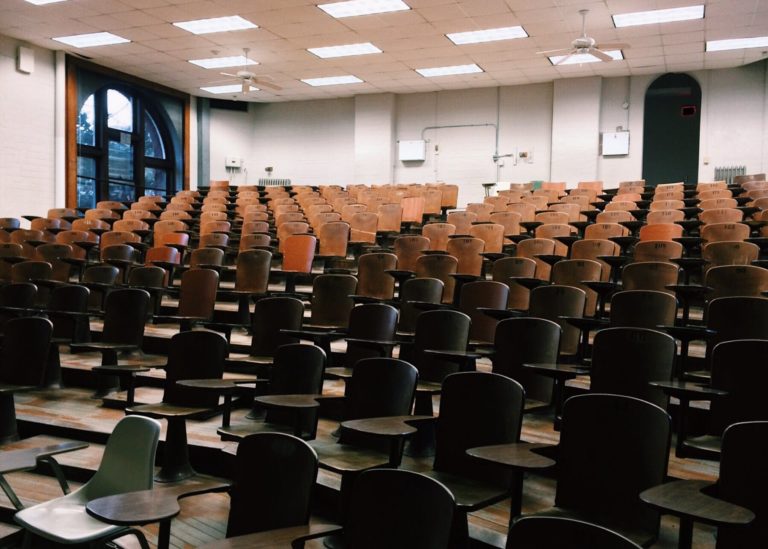Covid-19 is impacting the higher education sector in many ways, including posing serious questions about what institutions will look like when we return to a degree of normality. During a recent webinar discussion assessing the impact of Covid-19, Sir Anthony Seldon from the University of Buckingham described the global pandemic as the biggest challenge facing the sector in over 100 years. Putting in place measures to tackle this challenge is an extremely difficult task, and one that is made greater still when considering that we remain unaware of just how big the impact might be.
The higher education sector’s route to navigate this crisis has been made even more difficult due to the issues it was already facing around student recruitment, Brexit, funding and the growing challenges with alternative education. The government has been interested in developing forms of alternative education, for example, and whilst this is an understandable focus, it raises concerns around whether universities will be offered the level of support they require throughout this crisis.
Irrespective of the problems, universities up and down the country are working extremely hard to ensure they can continue to safely offer students a high-quality education and they should, and are, preparing for whatever challenges might come next in a variety of ways.
Swift Transition Online
Technology and online learning were already largely integrated within many university courses, meaning universities have been well prepared to increase the amount of teaching and learning conducted over these mediums. This in turn has enabled many students to complete the rest of their courses for this year relatively hassle free. Unfortunately, many exams and practical assessments have been cancelled, however for the most part alternatives have been put in place to ensure overall grading can take place.
Technology and online learning will continue to have an increasing role in university’s offering throughout the rest of this academic year and it is likely that models of blended learning will become further integrated into many courses ahead of the next academic year. Quality learning at a distance will be essential.
Diversification
Many universities have been hampered financially as a result of the pandemic and therefore they must look at alternative ways to ensure economic stability. One way of doing this is by diversifying their income streams, evaluating their business model and assessing what elements can be used to help the situation. It is possible that some universities may look at cost sharing groups, or even merging. However, there still remains a demand for high quality higher education, therefore universities should remain positive and confident in what they offer. It is vital that should universities have a slightly new look come September, they continue to offer an outstanding education and maintain high levels of student experience to ensure the level of demand is sustained.
Be Brave
Universities are facing a uniquely novel and complex situation, and there is no guidebook on how to come out the other side stronger. However, they must adapt, evolve and be brave. Implementing initiatives to help maintain high levels of student satisfaction or exploring new ways of working by establishing new technology that aids student’s education will likely prove to be pivotal.
Universities must also be daring and creative in order to demonstrate their capability of overcoming any problems they may face – because the truth is, much remains unknown. Clear and consistent communication to key stakeholders, primarily students, will be central to achieving this.
It is also crucial is that universities do not standstill and let this period of time pass them by. They must instead view this as an opportunity – a shake up to the system is perhaps what some may have been asking for long before this crisis.
The higher education sector is one of the most underrated exports in the UK and however challenging the next few months may be, it is essential that they emerge from this crisis stronger – not only to continue to equip the next generation with the skills required to combat further challenges we may face in the years to come, but to position the UK’s higher education sector as leading the way globally.




